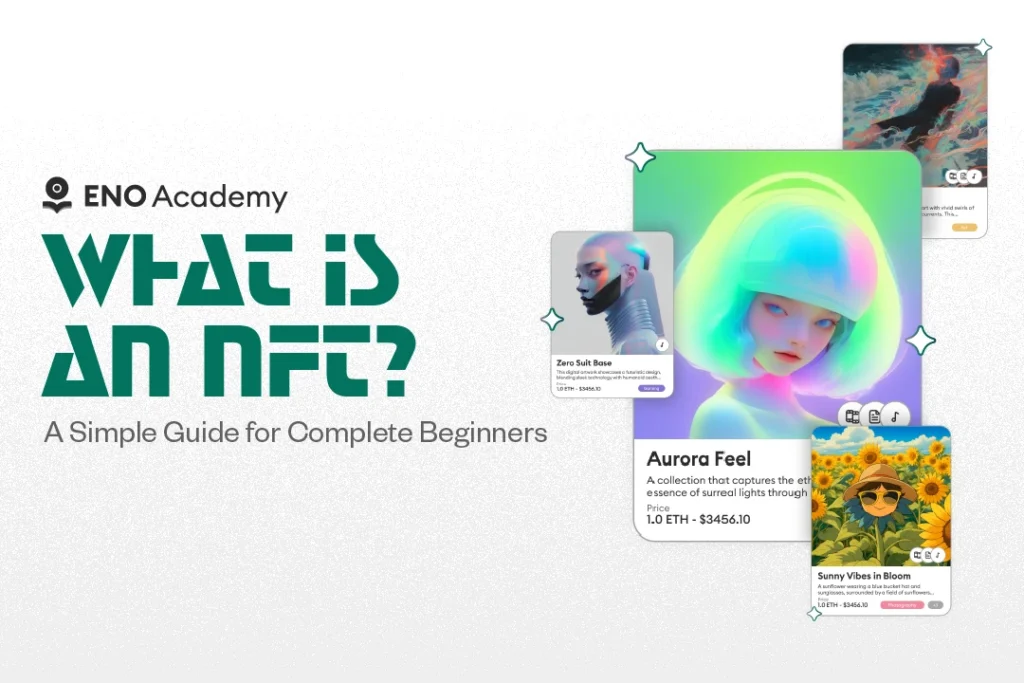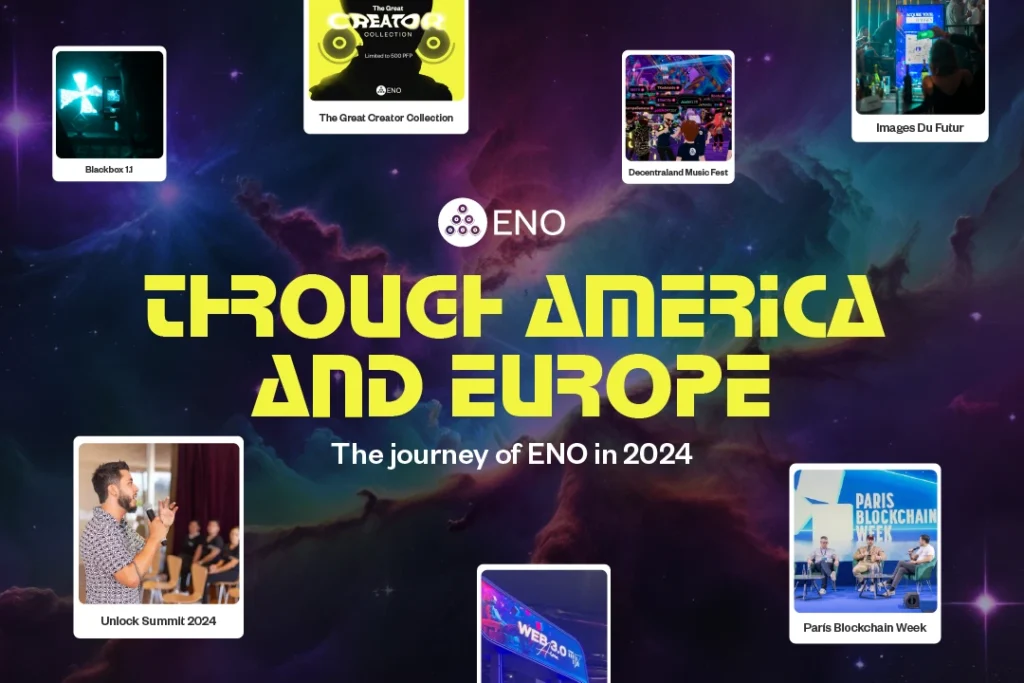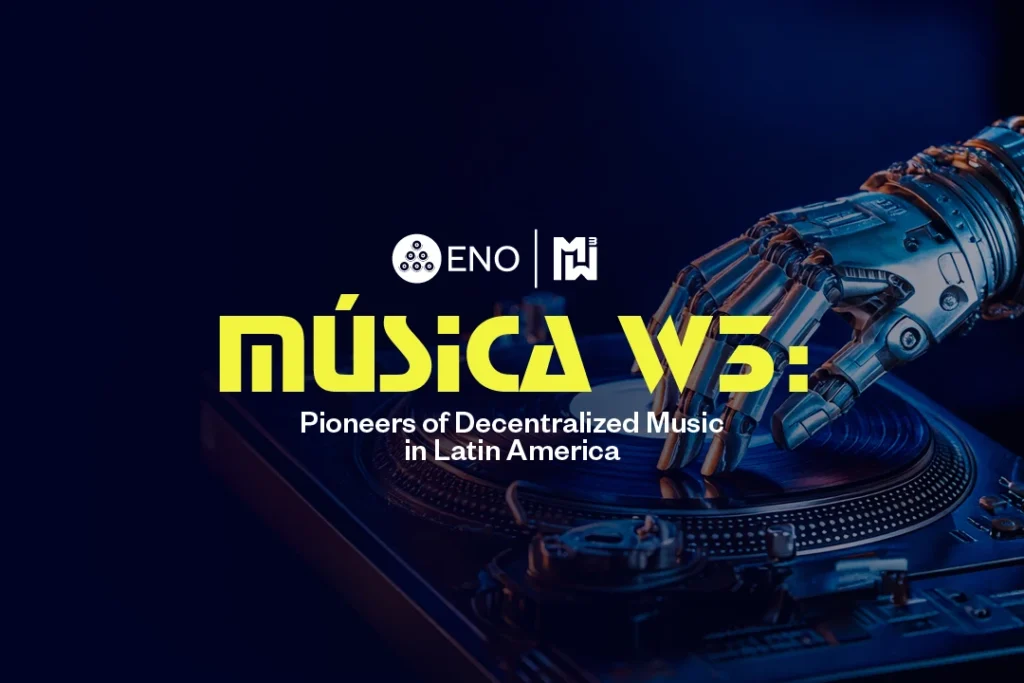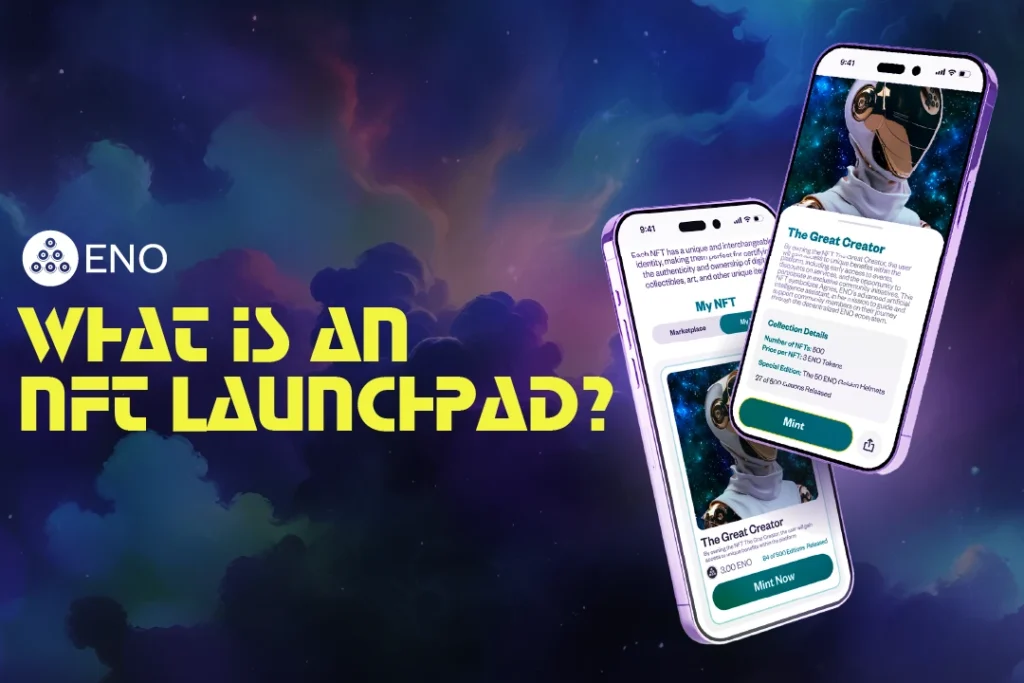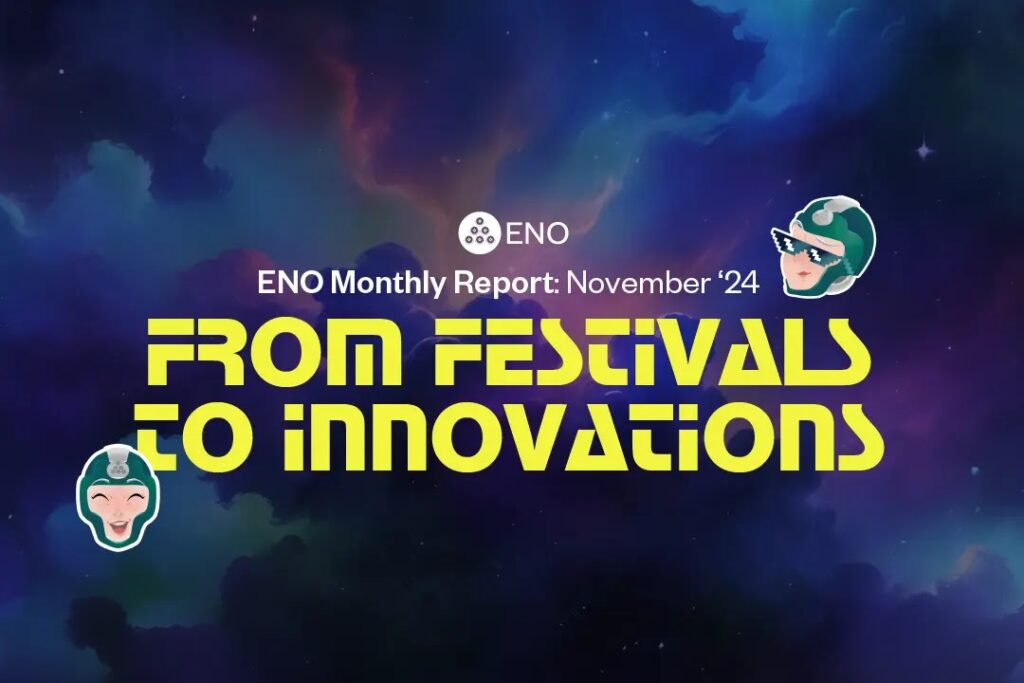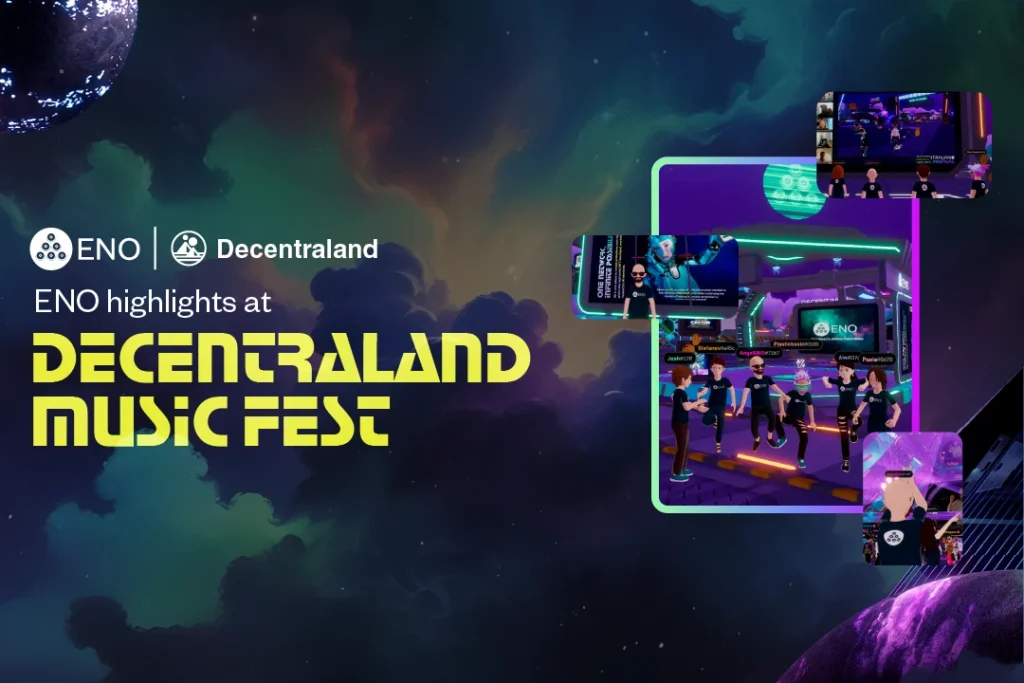The wine industry is witnessing a revolutionary shift with the incorporation of Non-Fungible Tokens (NFTs), blending the realms of enology and digital innovation. This transformation is not just about the wine itself but extends to the entire experience, offering a unique blend of value, authenticity, and exclusivity to consumers.

NFTs are creating waves in the industry, with producers exploring the amalgamation of wines and art with digital value. A prime example is the $2.5 million USD magnum bottle of Château Avenue Foch from 2017, which became a symbol of this digital revolution. This bottle, adorned with algorithm-generated ‘Bored Apes’ illustrations, represents a fusion of French luxury and unique digital art, each piece being a unique digital entity sold as an NFT.
Understanding NFTs and Their Role in the Wine Trade
NFTs and tokens are derivatives of the cryptocurrency world, serving as digital assets that can represent ownership and uniqueness. While fungible tokens like bitcoins maintain consistent value, NFTs are unique digital assets, each holding distinct value, comparable to unique works of art or rare collectibles. These NFTs act as digital title deeds, ensuring the authenticity and uniqueness of an asset, and are primarily traded on platforms like opensea.io, using cryptocurrencies.
The Wine Industry’s Embrace of NFTs
Several wineries are integrating NFTs by associating physical bottles with tokens and digital art. Dom Perignon and Château Angélus are among the pioneers, launching limited editions accompanied by digital animated versions and 3D artwork as NFTs. This approach targets the ‘New Luxurians’, a digitally savvy, luxury-loving demographic, offering them rare wines and exclusive experiences through NFT purchases.
The Assurance of Authenticity through NFTs
NFTs are revolutionizing the wine industry by offering unparalleled authenticity and traceability. With blockchain technology, each bottle of wine is equipped with a unique digital certificate, ensuring its origin and history are verifiable. As a result, consumers can confidently purchase limited edition wines with proof of their exclusivity. Notably, companies like vinID provide these wine ‘digital twins.
The Potential and Risks of NFTs in Wine Trade
The integration of NFTs in the wine sector is met with both enthusiasm and skepticism. While they offer transparency, value enhancement, and forgery protection, financial experts caution against the speculative bubble that may surround NFTs. The future will reveal the extent of NFTs’ establishment and their payoff for investors in the sector.
Conclusion:
NFTs are revolutionizing the wine industry, offering a blend of digital innovation and luxury. They provide a unique value proposition, ensuring authenticity and offering exclusive experiences. However, the speculative nature of NFTs necessitates cautious exploration in this evolving landscape.


